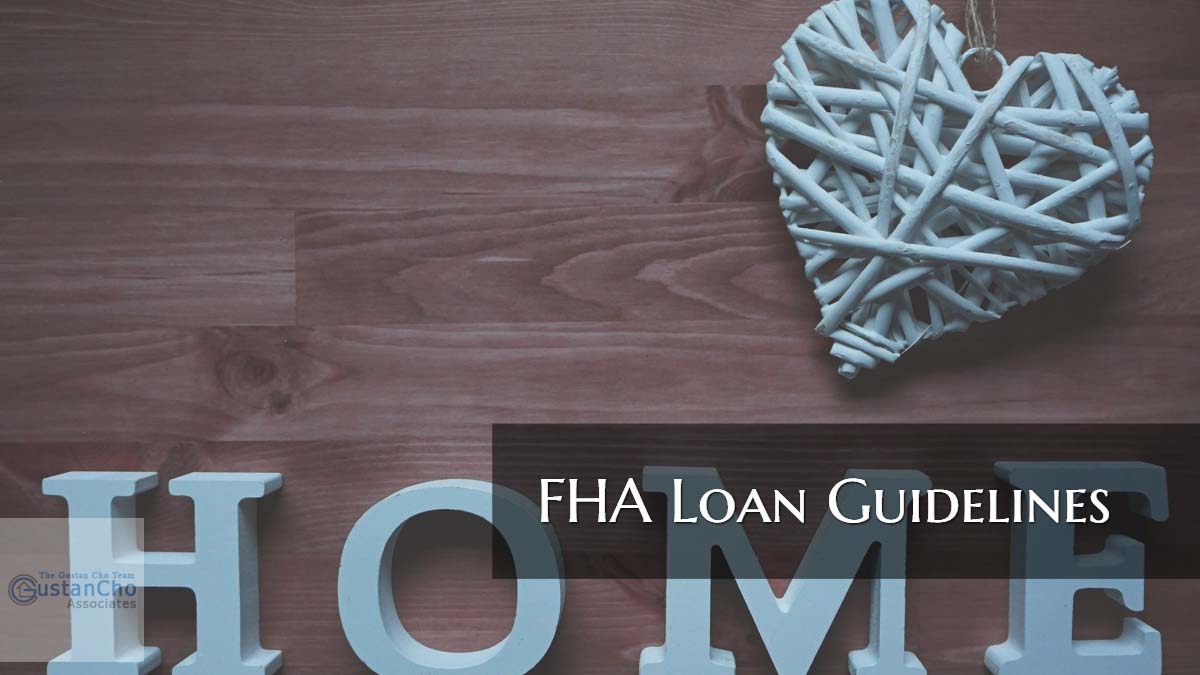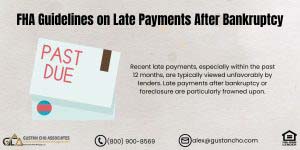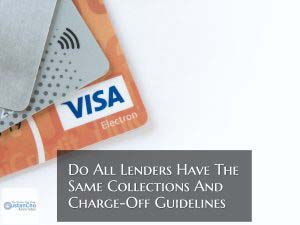This BLOG On FHA Loan Guidelines On Bad Credit And Credit Scores Was UPDATED And PUBLISHED On May 6th, 2020
FHA Loan Guidelines Explained:
FHA Loan Guidelines are the requirements and standards set by the Federal Housing Administration, commonly known as FHA, for FHA approved lenders to follow:
- Lenders need to follow FHA Loan Guidelines in order for HUD to insured FHA Loans they originate
- FHA Loans are the most popular mortgage loan programs in the United States and have much more lenient mortgage lending guidelines than other mortgage loan programs
- FHA Loans are the loan program of choice for first time home buyers
- Homebuyers with prior bad credit and lower credit scores also benefit from FHA Loans
- FHA allows 100% gift funds for the down payment on a home purchase
- Also allows non-occupant co-borrowers to be added to qualify for additional income
- More than one non-occupant co-borrower can be added on the mortgage loan on FHA Loans
- FHA Loan Guidelines on debt to income ratios depends on borrower’s credit scores
In this article, we will discuss and cover FHA Loan Guidelines On Bad Credit And Credit Scores.
HUD Guidelines On Credit Scores
FHA Loan Guidelines On Credit Scores are generous.
- To qualify for a 3.5% down payment home purchase FHA insured mortgage loan, the minimum credit score required is 580 FICO
- Borrowers with credit scores under 580 FICO credit scores can qualify for FHA Loans
- However, they will need 10% down payment
If a borrower has credit scores of under 620 FICO credit scores, the maximum debt to income ratio permitted to get an approve/eligible per DU FINDINGS is 43% DTI
- Borrowers with credit scores of 620 FICO or higher can qualify for FHA insured mortgage loans with debt to income ratios as high as 46.9% front end and 56.9% back end DTI
- HUD, the parent of FHA, allows for manual underwriting on mortgage loan applicant’s who cannot get an automated approval
- All manual underwriting and borrowers with credit scores under 620 FICO credit scores require borrowers to provide verification of rent
- Rental verification is only valid if the borrower can provide 12 months of canceled checks and/or bank statements which has been paid timely to the landlord
If the borrower is renting from a registered property management company, a VOR can be used in lieu of canceled checks and/or bank statements.
FHA Loan Guidelines On Collection Accounts
FHA does not require borrowers to pay off outstanding collection accounts and charge offs.
- FHA exempts medical collection accounts and charged-off accounts from debt to income ratio calculations
- This holds true no matter how much the unpaid outstanding balance is
- However, if the borrower has a total of $2,000 in unpaid outstanding non-medical collection accounts, then HUD requires that 5% of the unpaid outstanding collection account balance be used in the calculation of the borrower’s debt to income ratios
The 5% of outstanding collection accounts figure is just a hypothetical debt.
FHA Guidelines On Credit Disputes
FHA does not allow credit disputes on non-medical collection accounts with a total aggregate unpaid outstanding collection balance of greater than $1,000.
- All non-medical credit disputes with outstanding balances need to be retracted and removed on the borrower’s credit report in order for the mortgage process to proceed
- Zero balance derogatory non-medical items are permitted with credit disputes
FHA does not count charged off collection accounts and exempts them from debt to income calculations:
- But cannot have any credit disputes on charge off accounts
- Charge off account disputes needs to be retracted before the mortgage loan process can proceed
FHA does not care about credit disputes on outstanding medical collection accounts. This holds true no matter how much the outstanding unpaid balance is. Borrowers can have credit disputes on medical collection accounts. They can also have credit disputes on non-medical collections with zero balance reporting on credit bureaus.








